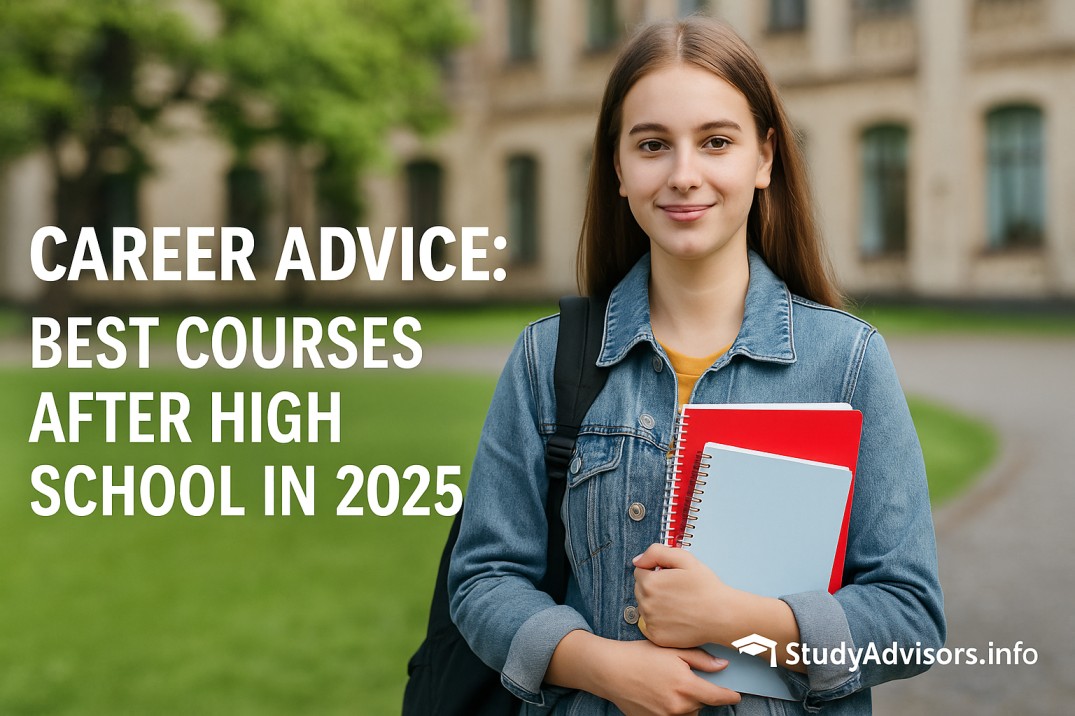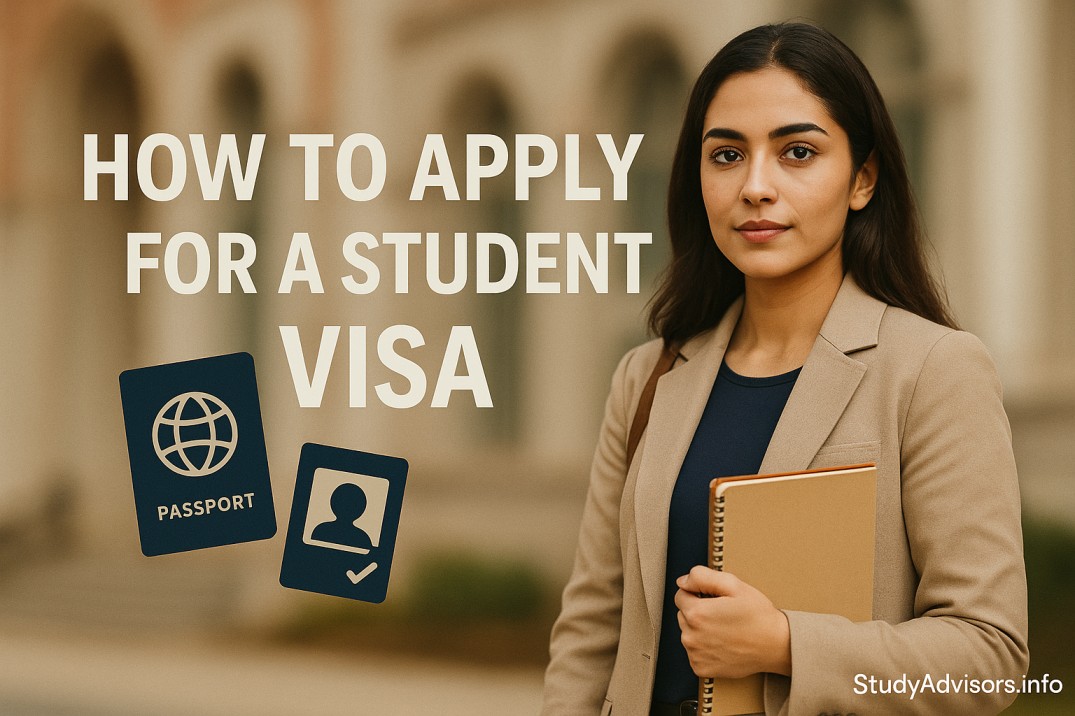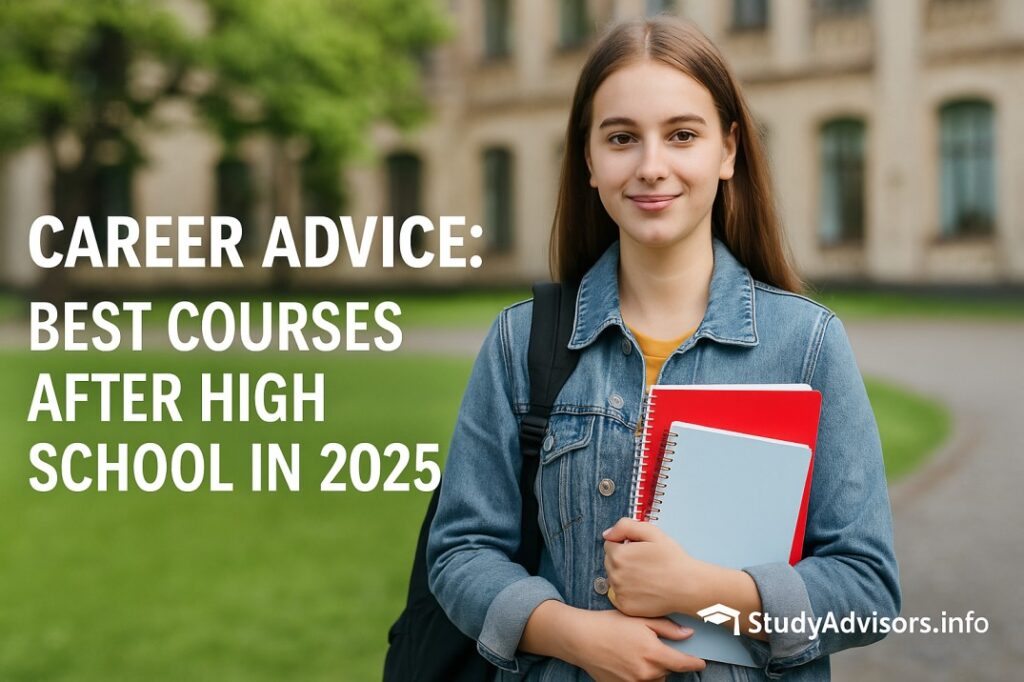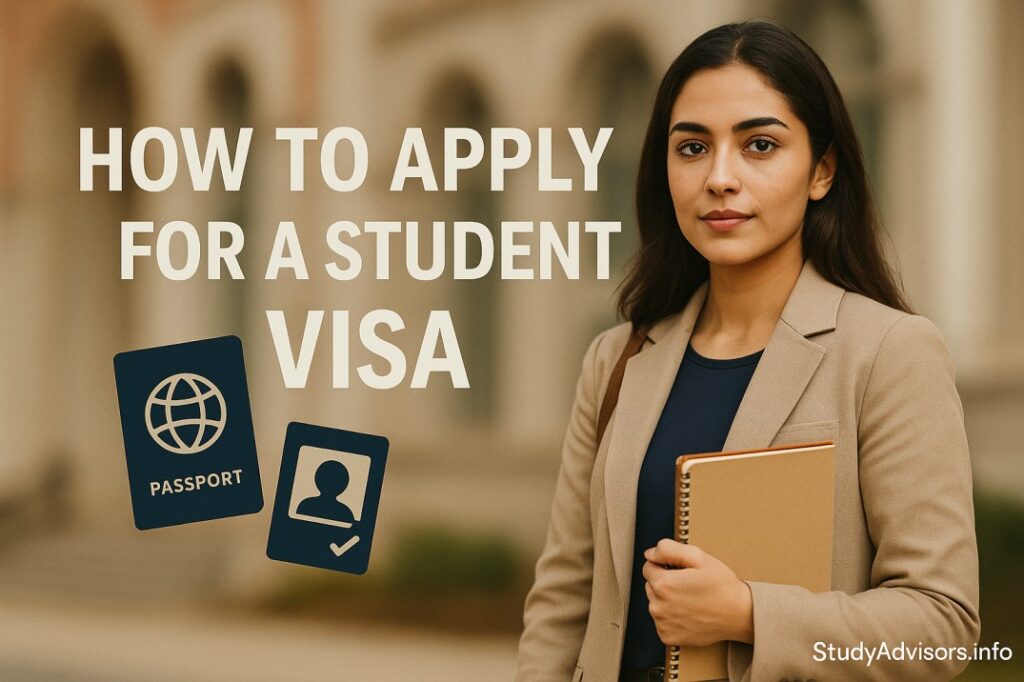Let me start with a hard truth: there’s no magic formula for Ivy League admission. I learned this the hard way when I applied to five Ivies and got rejected from four. But here’s what stung more – my classmate with lower SAT scores got into Harvard. Why? Because she understood the unwritten rules that most applicants never figure out.
After interviewing dozens of Ivy students and admissions officers, I’m revealing everything they don’t tell you in those glossy college brochures. This isn’t about gaming the system – it’s about understanding how the game is actually played.
The Ivy League Reality Check
First, Let’s Crush Some Myths
Myth #1: “You need perfect grades and test scores”
Truth: The average Harvard admit has around a 4.18 GPA, but I met a Brown student who got in with a 3.7.
Myth #2: “Only rich kids get in”
Truth: Over 20% of Ivy students receive Pell Grants (for low-income families).
Myth #3: “Being well-rounded is key”
Truth: Ivies want “pointy” students now – obsessively good at one thing.
The Actual Numbers That Should Scare You
- Harvard’s acceptance rate: 3.4%
- Columbia’s: 3.9%
- Even “easier” Cornell: 7.9%
Translation: You’re more likely to get struck by lightning than get into some Ivies. But lightning does strike – here’s how to position yourself.
Academic Requirements: What Really Matters
GPA: The Bare Minimum vs. The Competitive Edge
- Minimum to not get auto-rejected: 3.8 unweighted
- Competitive range: 3.95+ unweighted
- Secret sauce: Upward trajectory matters more than perfection
Pro tip: A student who went from 3.2 to 4.0 looks better than one with a flat 4.0.
Standardized Tests: The New Rules
Post-COVID, testing policies are messy:
- Test-optional doesn’t mean test-blind
- 60% of admitted students still submit scores
- Good scores help more than bad scores hurt
Current sweet spots:
- SAT: 1550+
- ACT: 34+

The Extracurricular Formula That Works
Forget “Well-Rounded” – Be a Laser Beam
Admissions officers call it the “spike factor.” Examples from real admits:
- Published cancer researcher at 17
- Nationally ranked fencer
- Founder of a nonprofit with 10,000+ users
My biggest mistake? Being president of 5 clubs instead of nationally excellent at one.
The 4 Tiers of Activities (From a Former Yale AO)
- National/international recognition (You’re the best at something)
- Leadership + deep impact (Transformed an organization)
- Strong participation (Consistent commitment)
- General membership (Basically filler)
You need: 1-2 Tier 1, 2-3 Tier 2 activities.
Essays That Don’t Get Tossed in the “Meh” Pile
Personal Statement: Show Your Obsessions
Bad topics:
- “The big game” (unless you’re an athlete)
- Generic immigrant story (unless truly unique)
- COVID reflection (they’ve seen 10,000 versions)
Good topics from real admits:
- Analyzing subway delays through game theory
- How baking French pastries taught precision
- Collecting urban soundscapes
Golden rule: If your essay could be written by 100 other students, scrap it.
Supplementals: Nail the “Why Us” Without Sucking Up
Bad approach:
“I want to attend Harvard because it’s the best school…”
Good approach:
“Professor X’s work on Y aligns with my Z research because…”
Pro move: Reference 2-3 specific courses, professors, or programs.
Letters of Recommendation: The Silent Game-Changer
Who Should Write Them?
- Teachers who’ve seen you struggle and grow
- Mentors who can speak to your intellectual curiosity
- Not family friends or politicians (unless you actually worked with them)
What Makes Letters Stand Out?
Specific anecdotes > generic praise. Compare:
“John is a hard worker” vs.
“When John’s experiment failed for the 7th time, he completely redesigned…”
Interviews: How Not to Bomb Them
Common Traps
- Rambling about your resume (they have it)
- Pretending to know everything
- Badmouthing other schools
Winning Strategies
- Ask unexpected questions (“How does X professor’s research impact undergrads?”)
- Show curiosity about the interviewer’s experience
- Have 2-3 “sound bites” ready about your passions
Real talk: The interview rarely gets you in, but can keep you out.

Special Cases That Change the Game
Athletes
- Recruited athletes have 4x better odds
- But you need to be Olympic-level good
- Coaches have limited “slots” to fill
Legacies
- 33% of Harvard legacy applicants get in (vs 6% overall)
- But being 3rd generation doesn’t guarantee anything
URM/First-Gen
- Diversity matters, but won’t compensate for weak academics
- Your background should inform your application, not define it
The Early Decision Advantage
By the Numbers
- Early acceptance rates are 2-3x higher
- 50%+ of Ivy classes are filled through ED
- But it’s binding – you must attend if accepted
Who Should Apply ED?
- If it’s your clear first choice
- If your application is ready by November
- If financial aid isn’t a concern
Financial Aid: Breaking Down the Myths
Ivies Are Surprisingly Affordable If…
- Family makes <$65k? Free tuition
- <$150k? Significant aid
- All aid is need-based (no merit scholarships)
The Catch
- Middle-class families often get squeezed
- International students get less aid
- Some Ivies are more generous than others
Application Timeline: When to Do What
Sophomore Year
- Start developing your “spike”
- Take hardest courses available
Junior Year
- Take SAT/ACT by spring
- Secure summer research/internship
- Cultivate relationships with recommenders
Senior Fall
- Finalize essays by October
- Submit early apps by November 1
- Regular decision by January 1
What Admissions Officers Really Look For
After 3 hours with a Penn AO, I learned:
- Intellectual curiosity (Do you love learning for its own sake?)
- Impact (Did you change your community?)
- Authenticity (Does your application feel real?)
Shocking fact: Many applications get <10 minutes of consideration.
Alternate Paths to the Ivy League
Transferring In
- Slightly higher acceptance rates
- Need stellar college GPA
- Must show why you need to transfer
Graduate School
- Often easier than undergrad admission
- Lets you “reset” your academic record
Final Checklist Before Hitting Submit
✅ Do your activities show depth over breadth?
✅ Have you explained your lower grades (if any)?
✅ Does your application tell a coherent story?
✅ Did you proofread EVERYTHING?
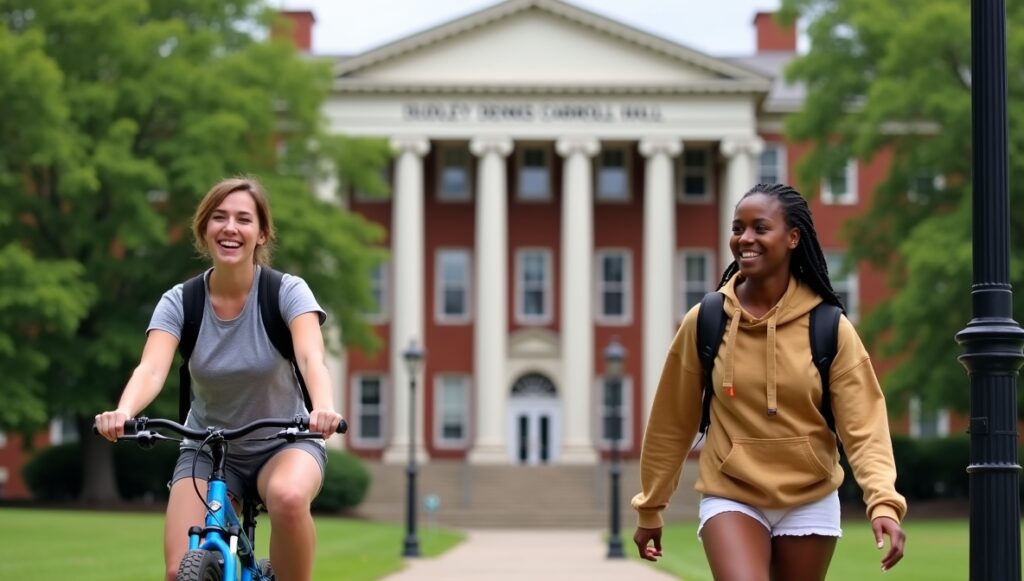
FAQs From Stressed-Out Applicants
1. Can I get in with a 3.7 GPA?
Possible if you have extraordinary other components, but very tough.
2. Do Ivies prefer IB or AP?
They don’t care – just take the most rigorous curriculum available to you.
3. How many extracurriculars do I need?
Quality over quantity. 3-4 deep commitments beat 10 shallow ones.
4. Should I apply test-optional?
Only if your score is below the school’s middle 50%.
5. Is the Ivy League worth it?
Depends on your goals. The network is invaluable for certain fields.
The Hard Truth About Ivy Admissions
Here’s what no one wants to say: Luck plays a huge role. You could do everything right and still get rejected. But the students who get in make their own luck by:
- Playing to their strengths (not someone else’s template)
- Showing authentic passion (not what they think admissions wants)
- Applying strategically (early decision, appropriate reach schools)
At the end of the day, an Ivy acceptance won’t define your worth or your future. Some of the most successful people I know went to state schools – and some Ivy grads are miserable. Focus on becoming someone worthy of admission, whether you get in or not.



